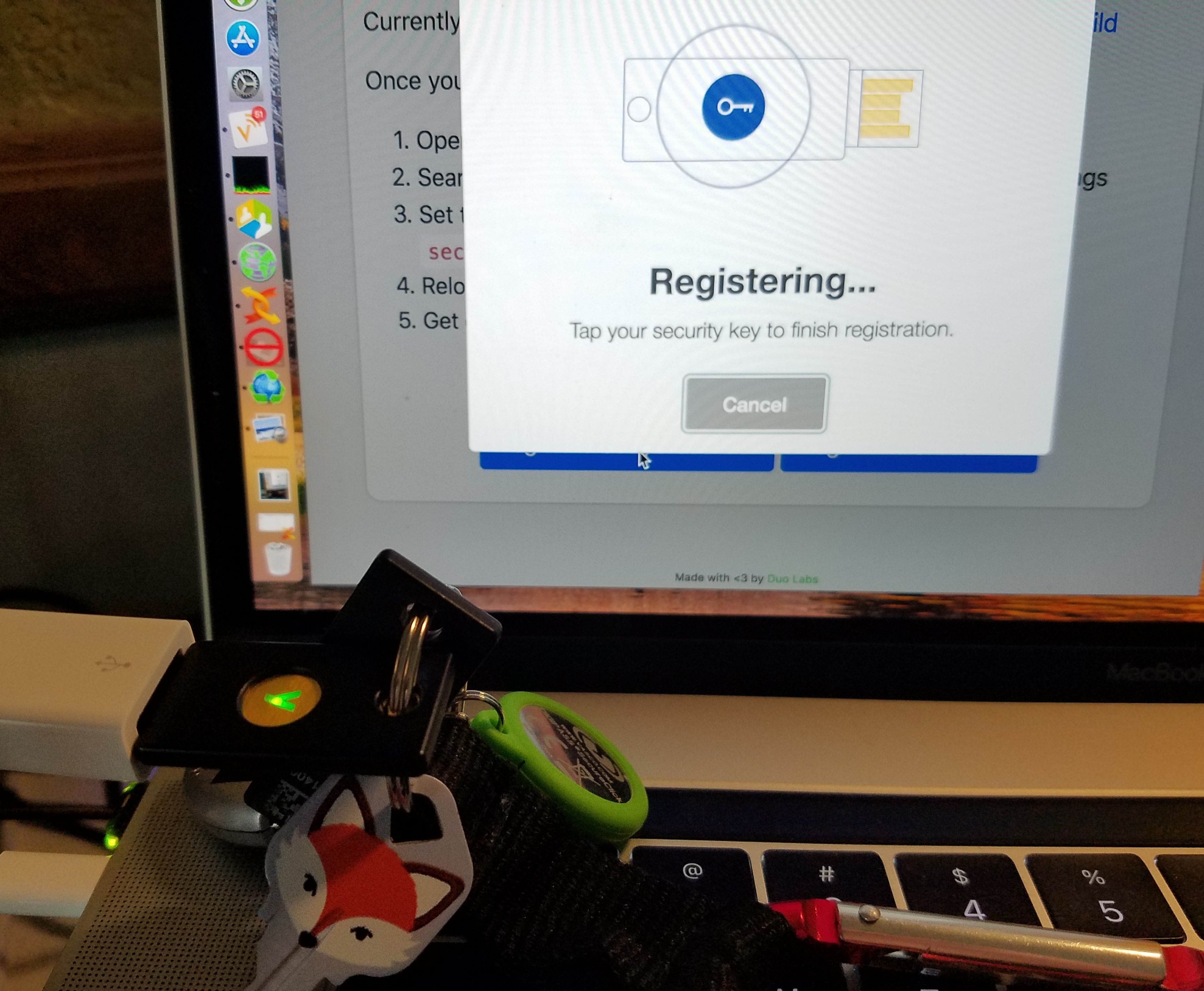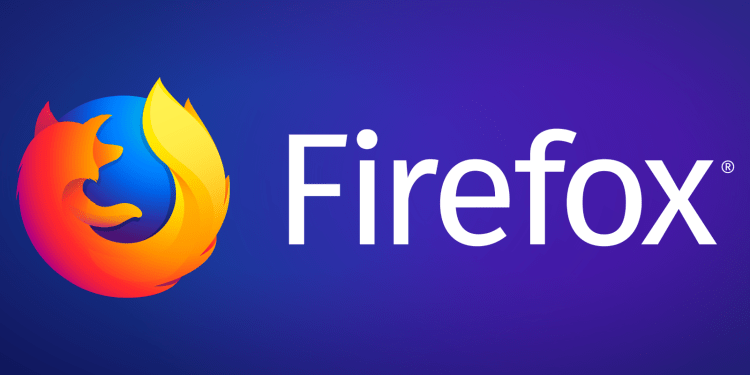Mozilla today launched Firefox 60 for Windows, Mac, Linux, and Android. The release builds on Firefox Quantum, which the company calls “by far the biggest update since Firefox 1.0 in 2004.” Version 60 brings enterprise customization, the Web Authentication API, changes to the new tab page, Pocket sponsored stories, and faster page rendering on Android.
Firefox 60 for the desktop is available for download now on Firefox.com, and all existing users should be able to upgrade to it automatically. As always, the Android version is trickling out slowly on Google Play.
Mozilla doesn’t break out the exact numbers for Firefox, though the company does say “half a billion people around the world” use the browser. In other words, it’s a major platform that web developers have to consider.
Desktop
June 5th: The AI Audit in NYC
Join us next week in NYC to engage with top executive leaders, delving into strategies for auditing AI models to ensure fairness, optimal performance, and ethical compliance across diverse organizations. Secure your attendance for this exclusive invite-only event.
Firefox 60 brings an enterprise version of the browser that employers can customize for the workplace. IT professionals can now configure Firefox for their organization, either using Group Policy on Windows or a JSON file that works across Windows, Mac, and Linux.
Enterprises can choose to deploy Firefox Rapid Release (RR) or Firefox Extended Support Release (ESR). The former auto-updates with performance improvements and new features roughly every six weeks (like the normal version), while the latter tends to receive these features in one big annual upgrade (Firefox 60 brings ESR up to speed today). Both Firefox RR and Firefox ESR receive critical security updates as early as possible.
Firefox is the first browser to support a new security standard called Web Authentication API. The new API lets users log into their online accounts using a single device, like a YubiKey. In other words, Web Authentication eliminates the need for passwords.
Only websites that have adopted Web Authentication will recognize your YubiKey and allow you access, so you’re unlikely to be able to skip passwords altogether. Web Authentication leverages anti-phishing rules and cryptography to protect user accounts. Right now, it works with physical security keys, but in the future mobile phones, facial recognition, and fingerprint readers could be supported.

Next up, Mozilla has updated the new tab page with a wider layout, a “Top Sites” section with eight icons instead of six, and larger Highlights icons. In this release, Mozilla has also started rolling out sponsored stories in Pocket’s recommendation section on the new tab page. Mozilla insists it can offer personalized content, including ads, without sacrificing user privacy — the recommendations happen locally, meaning neither Mozilla, Pocket, nor sponsors receive a copy of your browsing history.
Here’s the full Firefox 60 for desktop changelog:
- Added a policy engine that allows customized Firefox deployments in enterprise environments, using Windows Group Policy or a cross-platform JSON file
- Enhancements to New Tab/Firefox Home: Responsive layout that shows more content for users with wide-screen displays, highlights section includes web pages saved to Pocket, more options to reorder sections and content on the page, and Pocket Sponsored Stories will appear for a percentage of en-US users.
- Redesigned Cookies and Site Storage section in Preferences for greater clarity and control of first- and third-party cookies
- Applied Quantum CSS to render browser UI
- Added support for Web Authentication API, which allows USB tokens for website authentication
- Enhanced camera privacy indicators: Firefox now turns off your camera and the camera’s light when you disable video recording, and turns the camera and light on when you resume recording
- Added an option for Linux users to show or hide page titles in a bar at the top of the browser. You’ll find the Title Bar option in the Customize panel available from the main browser menu.
- Improved WebRTC audio performance and playback for Linux users
- Changed the Windows shortcut for entering Reader View to F9, for better compatibility with keyboard layouts that use AltGr
- Bookmarks no longer support multiple keywords for the same URL unless the request has different POST data
- TLS certificates issued by Symantec before June 1st, 2016 are no longer trusted by Firefox
- Updated the Skia graphics library to milestone 66
If you’re a web developer, more details are available for you here: Firefox 60 for developers.
Android
There are only two changes to Firefox for Android in this release. The first is the bigger: Mozilla has brought over its new Stylo CSS engine, which takes better advantage of multiple CPU cores that are optimized for low power consumption, from desktop to mobile.
Here’s the full Firefox 60 for Android changelog:
- Implemented Quantum CSS (also known as Stylo) in Android for faster page rendering
- Added View Page Source option to the Page Action menu
Mozilla releases new Firefox versions every six to eight weeks, and Firefox 61 is currently slated for late June.

